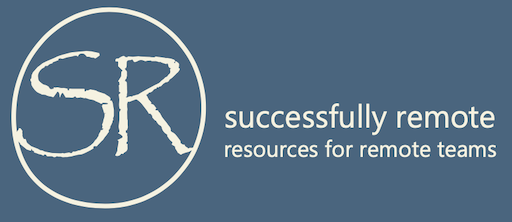Recognizing and rewarding excellence in remote workers
In an increasingly remote or hybrid work culture, the need to recognize and reward excellence is critical. Organizations need to encourage and develop talent for the future, planning for tomorrow in this new culture. This post challenges you with two questions:
- Do you recognize growth and development in your remote workers?
- Do you reward success in meaningful ways?
Do you recognize growth and development in your remote workers?
It may be a challenge in a remote or hybrid culture for managers to recognize the increasing skill of workers over time, particularly when those skills are outside the expertise of the manager, and the worker is not as “present.”
Story from the workplace: In the case of one worker, she started with a company as a hybrid worker a year before the pandemic. She traveled to the office once per month. Other employees were a mix of remote/hybrid/colocated. Once the pandemic hit fully, she and her coworkers became entirely remote. Over the following two years, she attended many training programs to increase her skill set and tackled challenging projects with success. She was hired full-time and promoted. Despite the promotion, her manager’s response to her ideas and implementations continued to be that of manager to new employee, as if she hadn’t gained the expertise to take the organization in new directions. The lack of recognition for her in her more expert role grew frustrating and, eventually, led her to change organizations.
Do you reward success in meaningful ways?
In the above story, the manager should have recognized successes in meaningful, tangible, and incremental ways. In such a way, the employee would have felt affirmed as she grew, and the manager would have been more conscious of the evolving skills of this employee.
Ideas for recognizing and rewarding growth
Developing your talented employees is not really different for remote employees as compared to colocated employees, but it doesn’t come as naturally and takes more effort to keep it in mind. Incentives can take the form of written notes of recognition, promotion, raises, small and large leadership opportunities, increased autonomy, and most of all, demonstrated confidence.
In the workplace story above, the manager in question could and should have exhibited growing trust and respect for the employee as the employee earned it. Instead, they are losing a very talented individual in a market where talent is not plentiful.
Informal poll. In the comment box, copy, paste, and bold your answers to the following questions:
What is your work configuration?
- hybrid
- remote
- f2f
Do you feel as if your managers actively recognize your successes?
- yes
- no
- somewhat

Leave a Reply